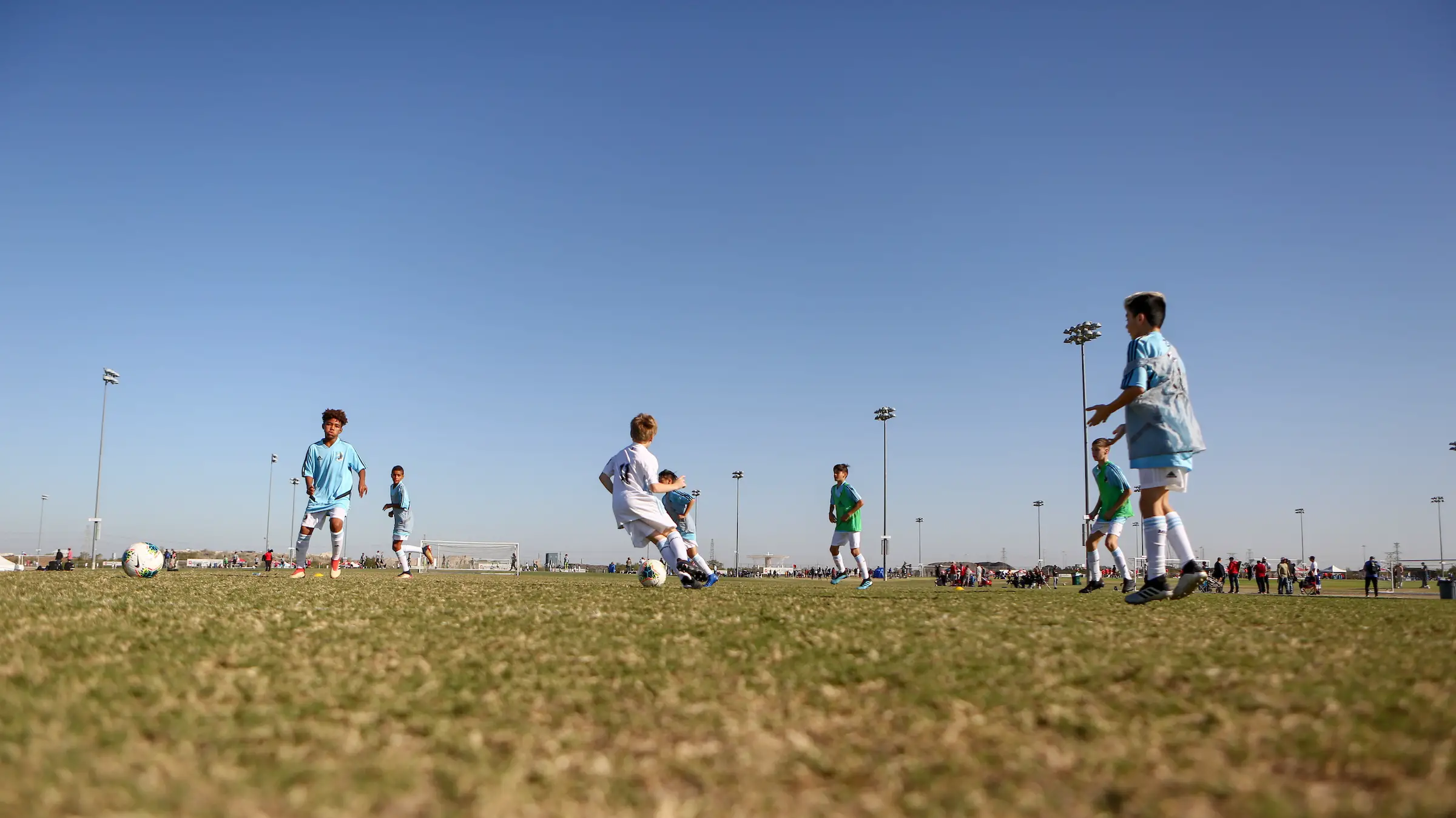Mental illness is exacting an especially high price from our young people these days. We know that athletes are far from immune as we read the heart-rending stories of those who have taken their own lives, shocking friends and family who were unaware of any mental instability or emotional turbulence.
This is not an issue limited to a few. In 2021, the American College of Sports Medicine reported that an estimated 30% of female and 25% of male college-level student-athletes suffer from anxiety, while about 35% of elite athletes suffer from disordered eating, burnout, depression, and/or anxiety.
Mental illness, now named the “the invisible opponent,” is clearly a brutal adversary. I’m grateful that prominent athletes are now helping to destigmatize the illness so younger athletes can feel safe to get the help they need to get well. A popular rallying expression: “it’s okay not to be okay.”
Why is this happening to our kids?
Students in my classes have told me that the pressure to excel in sports and academics, piled on top of social and cultural expectations and environmental demands, is often more than they can handle. They admit that “even if a parent or coach isn’t heaping expectation on them, the pressure they put on themselves can be overwhelming.”
And into this storm, we preach “mental toughness.” Be tough under pressure. Push through it. Persevere. While developing endurance may be good for the physical, it isn’t good for the mind. Not if we want to stay mentally healthy.
What does mental health (emotional wellness) look like?
Mental health is defined as the “absence of mental disorders and the ability to negotiate daily interactions in positive and constructive ways.” Mental health looks like: trust and trustworthiness, high self-esteem, optimism, self-confidence and active participation in satisfying relationships.
To develop these, I believe it isn’t mental toughness our kids need, it’s mental flexibility. They need to learn how to respond to challenges with mental agility and creativity, and to develop confidence in their ability to do so. Sport is the perfect place to practice this, provided the environment is a healthy one.
How can we help our kids build mental fitness and emotional health?
Develop strategies. Find ways to manage what’s going to be tough by helping them prepare mentally and emotionally as well as physically. Wherever performance counts, this helps.
- Versus a talented team, “This team is tough, but here’s how we can play to our advantage …”
- “When that player spouts off, that means she’s nervous… thinks you’re better… trying to get you off your game … “etc.
- “Sometimes, a referee makes a mistake, just like you do.”
- On AP exam day: “You’ll be taking your exam in this classroom. You’ll have 3 hours, 2 breaks and you’re not expected to know all the answers.”
- Not getting playing time? Role play how to approach the coach and respectfully advocate for yourself. Practice listening as well as telling.
Simplify decision-making. Panic, confusion and pressure lead to poor decisions.
My daughter played left back for an elite youth team. She was great at winning 1 v1 tackles, but she kept giving away the next ball. Coach Larry explained, “You have three options: 1. Dribble 2. Outlet pass 3. Long ball.” Easy to check through that list. Quick play makes decision-making tougher. Simplify it.
- What are your options?
- What confuses you?
- What are you worried about?
- Organize and execute.
- Doubt undermines execution. A calm mind makes the best decisions.
Control the controllables. There will always be things out of our control. Focusing on these is self-defeating and can be incapacitating. Take charge of what’s in your power to control.
- attitude and effort
- focus and attention
- preparation: knowing the game plan
- preparation: knowing your teammates’ strengths and tendencies
- preparation: knowing your opponents’ weaknesses and tendencies
- use positive self talk… I am ____. I can ____.
- Dismiss mistakes: Over and done. New play. (Older kids can integrate real-time learning from mistakes, but must still learn to let them go.)
Go to task. When the mind starts to wander to negative and defeating What if’s and Oh no’s and Here we are agains, Sport Psychologist, Dr. Deidre Connelly, says, “Go to task.” Center on what you are trying to do and how you will do it.
- What is your objective?
- What is your play?
- What is your target?
- What is your best shot? Best option?
- Focus on execution of what you have practiced.
Practice calming. Deep and slowed breathing (sometimes called combat breathing) engages the body’s autonomic nervous system to tamp down heart rate and respiratory rate. Feeling calmer happens organically and nearly instantly.
- Practice intentional deep breathing for calming
- Meditation or mindfulness practice – there are apps for this
- Visualize doing it “right” while you deep breathe
- It takes practice to be present in that moment and nowhere else.
- Apply this to any high performance or in any high anxiety moment.
- Nature provides a perfect place to learn and practice mindfulness.
Avoid unhealthy habits. The social media monster is wreaking havoc with our young people. It has been called epidemic in teen girls by the Washington Post. Constant input upends our output, but only with our permission. Deny it the opportunity.
- Intentionally avoid screen diversion and scrolling distraction.
- The swirl of non-stop doing, going, competing – even in things that are good for them – needs to stop. Everybody needs downTIME. Kids sure do.
- Negativity breeds negativity. Pronounce a “no complaining” day for the whole family. (It’s harder than you think.) See if you can stretch it to a weekend. A week? What a breath of fresh air!!
- Drugs and alcohol mess with the brain’s neural processing. Don’t let them!
- Kids’ brains are laying down new pathways, moment by moment. Sports that include vigorous exercise grow healthy neural connections. Let it.
One of the most poignant moments in my career as an injury rehabilitation specialist came during a session with an athlete who had been experiencing chronic injuries.
One day I suggested, “You know you don’t have to play soccer.” The look on her face told me this idea had never even occurred to her. If we want our kids to be mentally fit and emotionally healthy, all options – including quitting — have to be on the table. Respect their honesty. THAT is mental toughness. Its where emotional health takes hold.
Here’s the to-do list for keeping your soccer players mentally and emotionally healthy, the second dimension of wellness: (For Dimension 1 see: Physical wellness: 7 Keys to Keeping Our Soccer Kids Physically Healthy)
- Develop strategies.
- Simplify decision-making.
- Control the controllables.
- Go to task.
- Practice calming.
- Make good choices.
A qualified coach should have a plan for training mental fitness and flexibility (not just “mental toughness”). Former USWNT coach Jill Ellis was fond of telling her players, “Pressure is a privilege.” You can bet they practiced this – mentally and physically.
Ask your kid’s coach what they are doing to develop strong mental health and emotional wellness in the players on and off the field. If they don’t have a good game plan, offer to help.* If they aren’t interested or don’t have a satisfactory answer, find another team and another coach.
Our kids are too important to leave in the hands of the Invisible Opponent.
*For more information on supporting student athlete mental wellness, check out this NCAA resource.
Next blog post – Dimension #3: Social and Relational Wellness (Coming Soon)








